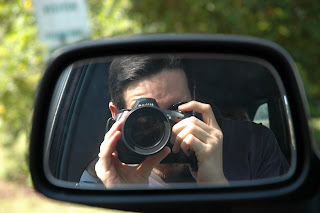Finally got around to finishing off The Poisonwood Bible. I found finishing it hard, and not only because the end of the school year got in the way. The last part of the book seemed … well, a bit weird, actually. To me.
The story is “about” a Baptist missionary family from the south-east of the USA, who go to the Belgian Congo in 1959, shortly before that country's independence. It is also, more accurately, about the history of that independence, and the nature of its effects on the local people and the international scene. It is about culture, mission, and human nature.
The story is told in the voice of the four daughters of the evangelistic patriarch (with introductory narratives by their mother). Right from the word go, I picked Adah as a mathematician—which says something either about me or about Barbara Kingsolver's ability to portray characters well. Actually, I think Kingsolver's characters are excellently developed and very cleverly portrayed. But in the end I think I liked Adah's perspective the most.
The first two-thirds of the book are a narrative of the family's arrival and gradual adjustment to the local culture. Then the critical event happens (sorry, no spoilers here). The last part of the book describes the aftermath and legacy. The mother and daughters each reflect on their experiences.
I do recommend you read this book, if you haven't already. It provides an illuminating perspective on the history of the Belgian Congo / Zaire / D.R. Congo. The cultural and historical processes involved are discussed clearly and critically but without absolute moral judgement. And it is also an enjoyable read (my earlier comment about the latter part of the book notwithstanding).
Subscribe to:
Post Comments (Atom)

No comments:
Post a Comment